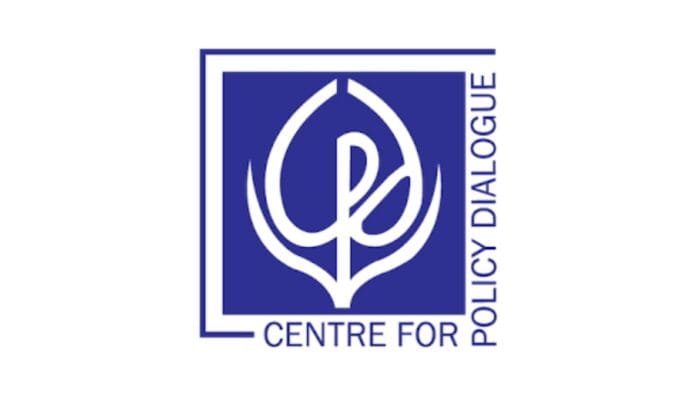Distinguished Fellow at the Centre for Policy Dialogue (CPD) Dr Debapriya Bhattacharya has strongly criticised the draft Human Rights Commission Act 2025, warning against the formation of another powerless commission lacking authority and effectiveness.
Speaking at a discussion titled “Draft Human Rights Commission Act 2025”, organised by Bangladesh Reform Watch on Saturday, Debapriya said the people of Bangladesh do not want a repeat of the past—a commission that is “toothless” and ineffective in defending human rights.
He recalled that the idea of establishing a national human rights body was initiated during the Fakhruddin-led caretaker government in 2007, with a draft law finalized by 2009.
However, he claimed the Awami League government later altered the draft to suit its interests, resulting in an ineffective institution.
“We don’t need a symbolic body. We need a commission that has real power to protect rights,” Debapriya said. “Appointing a ‘spineless good person’ as its head won’t help. No matter how well-intentioned someone is, without courage and backbone, they can’t lead such a vital institution,” he remarked.
He also criticised the government’s delay in reconstituting the National Human Rights Commission after its dissolution in November 2024 by the interim government, saying institutional efforts to uphold human rights have stalled for nearly a year. He noted that the new draft law, released in the meantime, contains numerous flaws.
Supreme Court lawyer Barrister Jyotirmoy Barua echoed these concerns, stating that the draft law carries over many issues from the previous framework.
He pointed out the lack of clear timelines for resolving complaints, ambiguity over the eligibility of dual citizens, and uncertainties around funding sources.
Barua also flagged potential conflicts of interest, noting that the previous law allowed bureaucrats to be commission members—a practice the new draft fails to address.
He argued this goes against international standards like the Paris Principles. “The commission never acted beyond sending letters to the Home Ministry. That was seen as enough. It wasn’t,” he said.
Sanjida Islam, coordinator of Mayer Daak, a platform of families of enforced disappearance victims, shared her experience with the previous commission: “All they did was send letters and close the file. There was no real action.”
Debapriya added that despite claims of 100% task completion, the commission’s actual work amounted to routine correspondence, with little follow-through.
The event focused on evaluating the commission’s structure, independence, and effectiveness under the proposed law, comparing it with international best practices, and offering recommendations for improvement.
Human rights activists, legal experts, as well as representatives from the United Nations and foreign missions, also participated in the discussion and shared their insights.

